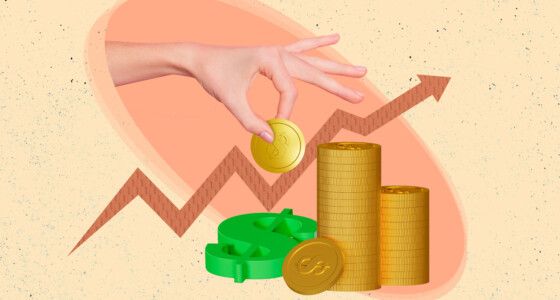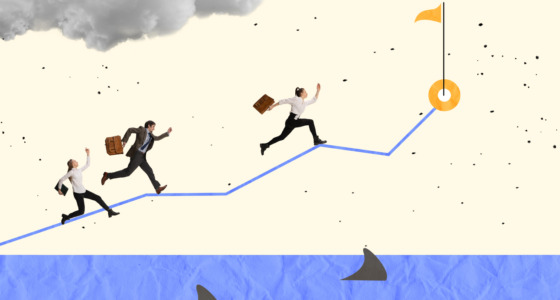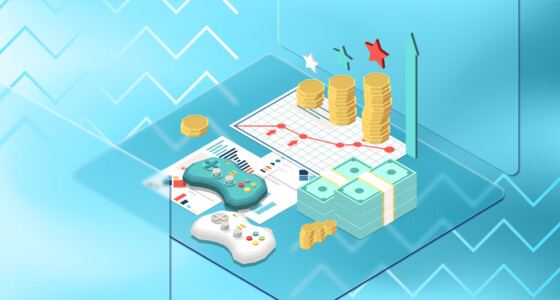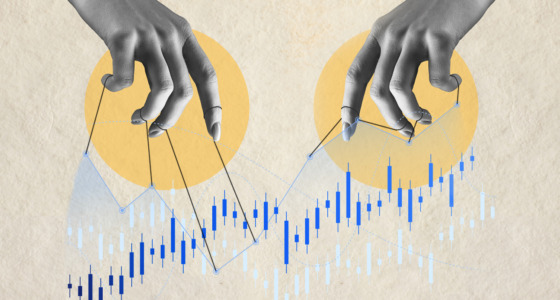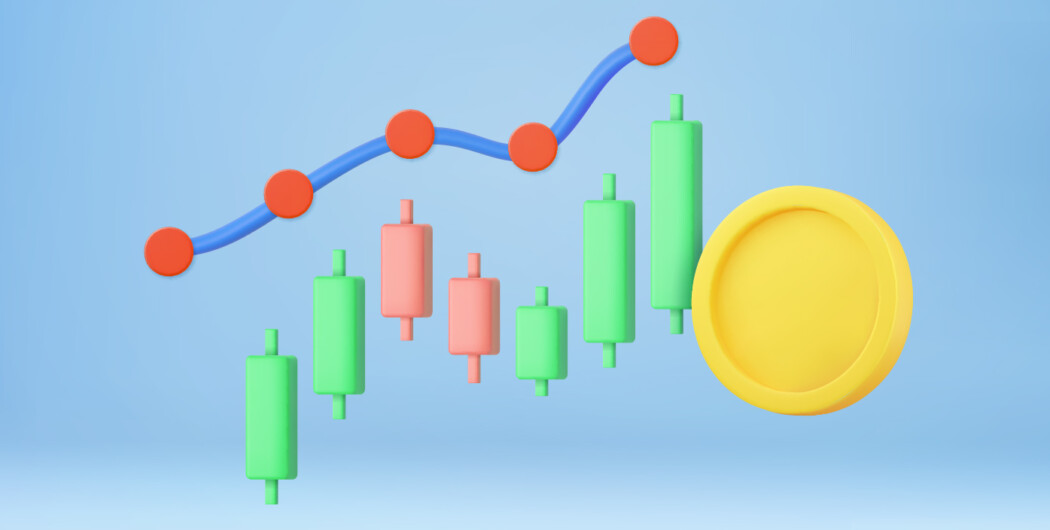

Did you know that walking through a doorway triggers the brain to forget? To be more specific, you’re likely to forget what you were supposed to do after walking through a doorway.
What if the “event boundary” applies to trading? Imagine the countless time you’ve walked out of your home office door, closed the trading terminal, and turned off your computer. Perhaps this triggers your brain to forget basic trading truths, too. So, let’s reiterate.
There’s no holy grail
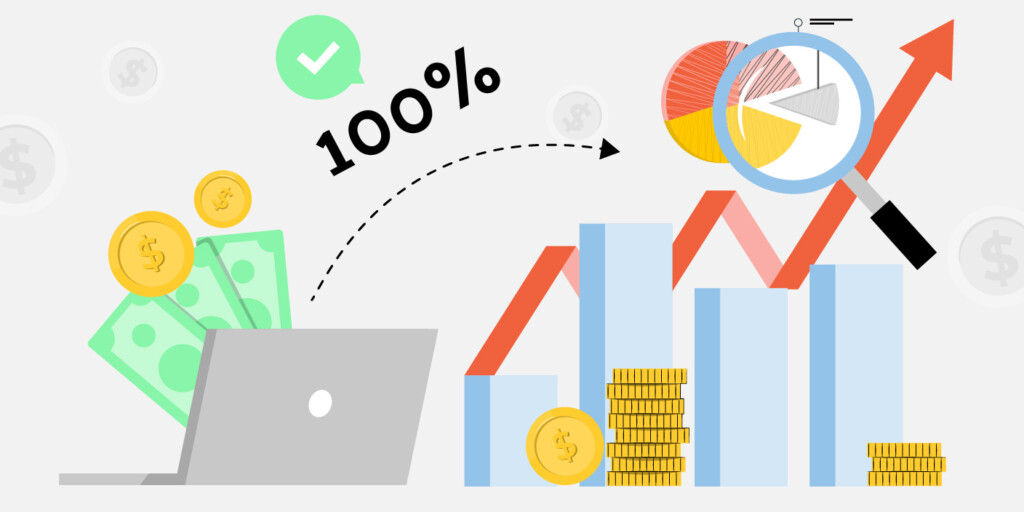
There is no perfect strategy, method, indicator, system, or market in the trading world. If someone claims to have it, they’re misleading you.
It can be very tempting to believe that something can ensure your trades are consistently profitable 100%. But that can easily turn you into a reckless trader, draining their account dry with no risk management.
The best you can do is control the intrinsic risk that follows any trading asset. But remind yourself that it won’t be eliminated completely, no matter how reliable it seems.
Anything can happen
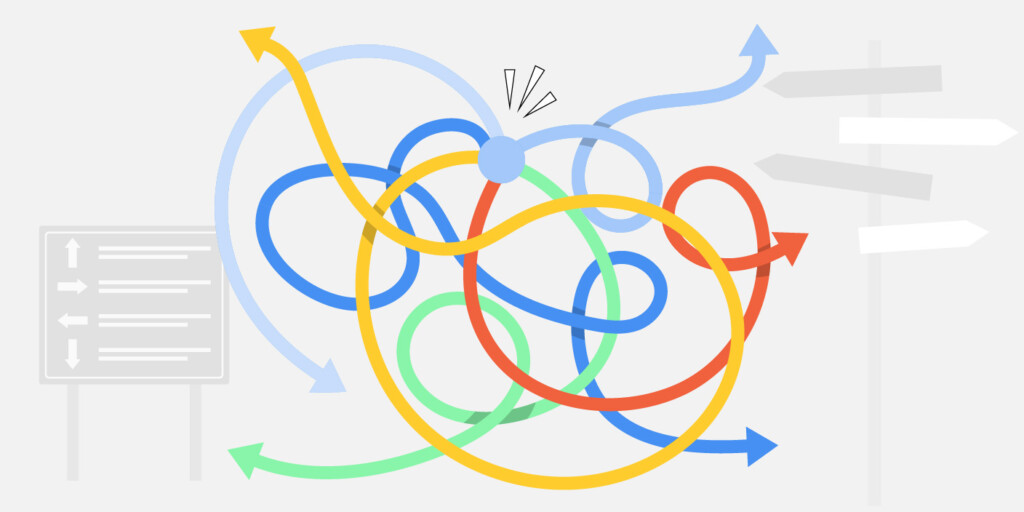
Those who have been in the market for years know that the success of some trades may be unrelated to the amount of intellect or experience a person possesses. Market surprises simply happen, making even the best traders shaky and hesitant.
“Anything can happen” is not necessarily a bad thing. Think of it as an opportunity to come out on top, even in a seemingly bad situation. For example, instead of selling your assets in a bear market, wait for the price to shoot up and reap your rewards later.
Every moment is unique
What separates good traders from the rest is that they don’t try to replicate their successes. They understand that one trade is different from the other, even if it’s the same market and strategy. This helps them trade with better focus.
The market only moves forward, so you shouldn’t associate the present trade with trades in the past. The unknown aspects and possibilities (remember point #2) will make every trade at least a bit different. You should still follow your plan but don’t anticipate the same outcome each time.

It takes money to make money

You’ve probably heard that you should start small. True, you want to make your mistakes and face your pitfalls on a smaller scale.
But you won’t be able to move into the professional realm with substantial gains with a few small trades. Trading $50/week will only get so far; it certainly won’t make you hundreds in profits. Trading is like a business, after all. You have to invest capital (and risk it) to make a decent living.
Short-term results don’t matter
Returns over short periods of time don’t matter as much as total results over one year at minimum. You’re allowed to get excited by a few successful trades. But isolated wins say little about the quality of your trading decisions.
What if you win all the battles but still lose the war because you fought the wrong battles? In trading terms, what if you chased quick wins and ended up with skimpy net profits? Keep your focus on long-term goals instead, enjoying your short-term successes here and there.
Some losses are inevitable
The “it won’t happen to me” thinking won’t get you far. You can forget or deny the percentage of losses your account sustains, but they’ll catch up to you eventually. By that time, you’ll lose even more.
Don’t worry about failing because what matters more than a loss is what you do with it. Trading losses can shape you as much as or more than success does. As long as you keep your trading journal, analyze what went wrong, and revise your approach, losses will make you a better trader.
Some of these fundamental truths may be uncomfortable. But all traders need a reality check sometimes; hopefully, this article was a good reminder for you.




